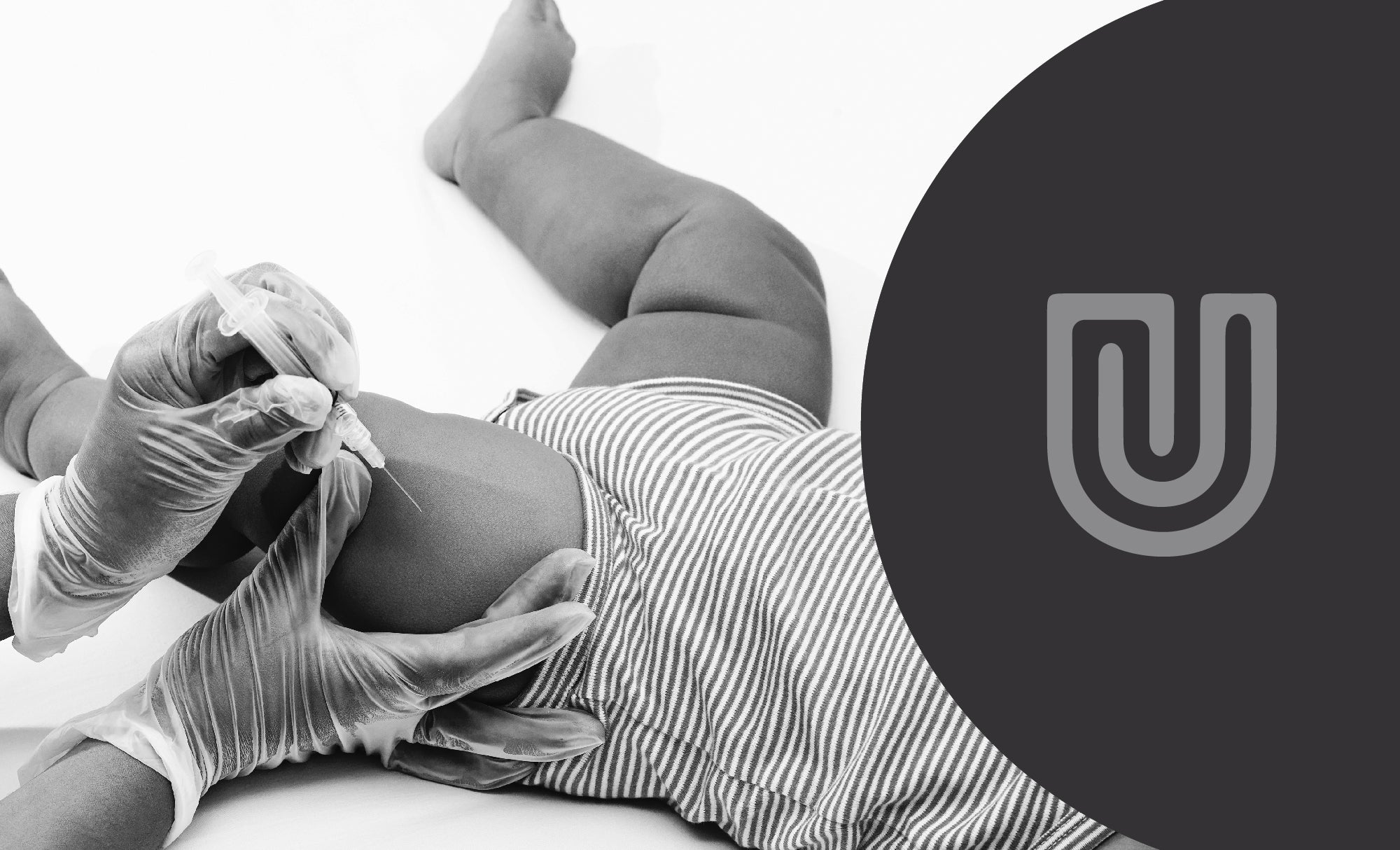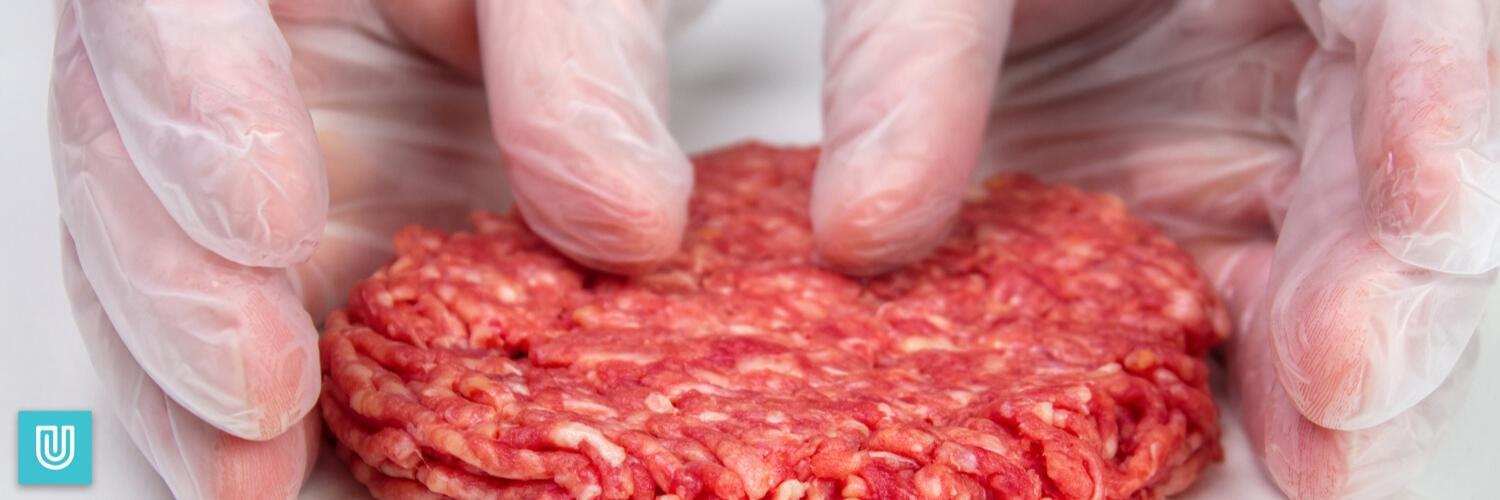Vinyl gloves have been a popular choice for the food industry for decades due to their low cost. However, the applications for vinyl gloves go well beyond simple food preparation and their benefits reach far beyond cost.
Unigloves is Europe’s leading disposable safety glove manufacturer and the preferred choice for vinyl gloves for many industries. Over the years, we’ve developed an extensive range of disposable safety gloves, including latex, nitrile and vinyl gloves, using the latest in glove manufacturing technology and materials. Here, we uncover what makes vinyl gloves such a popular choice and some of the most common applications for these versatile glove varieties.
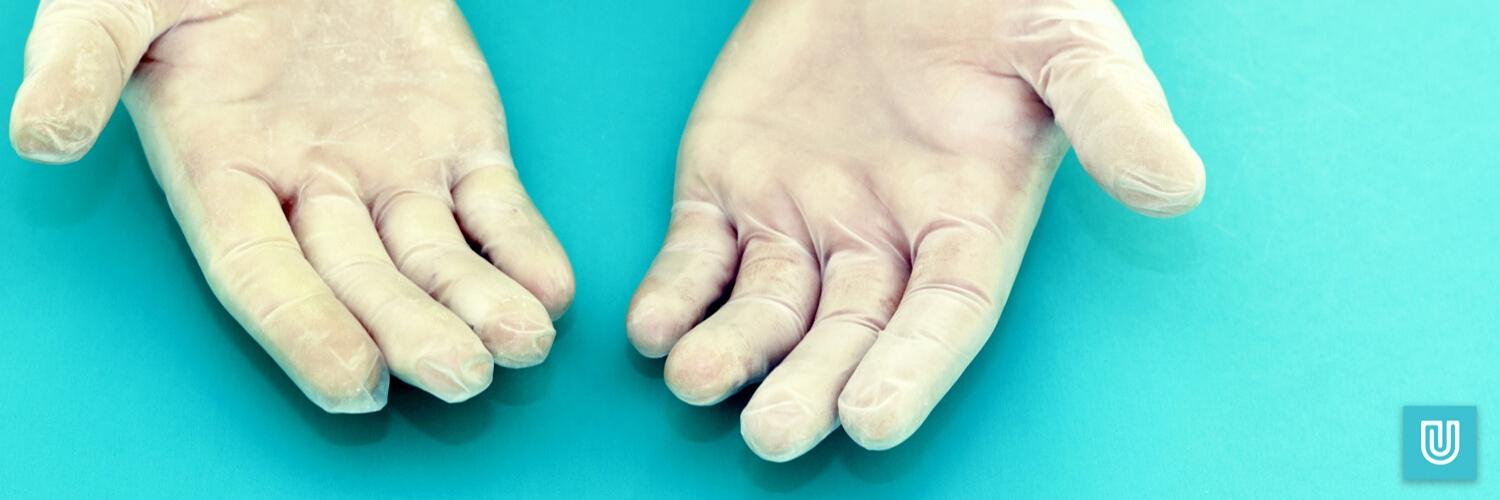
What are the benefits of vinyl gloves?
One of a number of synthetic rubber glove varieties available, vinyl gloves are made from PVC (polyvinyl chloride) which is then mixed with a plasticiser, to make them more flexible and wearable. Unlike nitrile gloves, vinyl gloves to do not contain chemical accelerators.
As this type of protective glove is made from synthetic materials rather than natural rubber latex, they are latex-free and a good alternative to latex gloves for those who suffer from Type I allergy. Being free from chemical accelerators also makes vinyl gloves safe for use by those with a Type IV allergy. Type I and Type IV allergies can both cause a range of allergic reactions including skin irritation, inflammation, runny nose, and cold-like symptoms, rashes, cracking and blisters, and in severe cases, anaphylactic shock (particularly in the case of latex allergies).
For this reason, vinyl gloves are still widely used in many workplaces where allergies may be a concern. Vinyl gloves are available in powdered and non-powdered varieties. The non-powdered, often referred to as powder free, variants are often preferred due to the reduced risk of skin irritation they offer to wearers.
Although offering less durability, vinyl gloves are also generally a less expensive option when compared to their nitrile and latex counterparts, making them ideal for low-risk duties where ease of use and frequent short-term use is required.
They offer protection for hands against low-risk chemicals such as detergents and other cleaning materials and also help to protect against cross-contamination from the likes of body fluids, laundry liquids and powders, and more. Because of their looser-fitting construction, vinyl gloves are sometimes preferred in roles where quick donning and removal are required.
What are vinyl gloves used for?
Although the likes of nitrile gloves tend to offer a higher level of puncture resistance and chemical resistance than vinyl gloves, vinyl is still an extremely popular choice of glove material for many workplaces. Some of their most common applications include:
Non-fatty food preparation: Vinyl gloves certified to EN1186 (as Unigloves vinyl gloves are) are deemed safe for contact with food, with the exception of oily or fatty foods. They are a cost-effective solution for roles that require regular removal and disposal of gloves, such as customer-facing food service roles.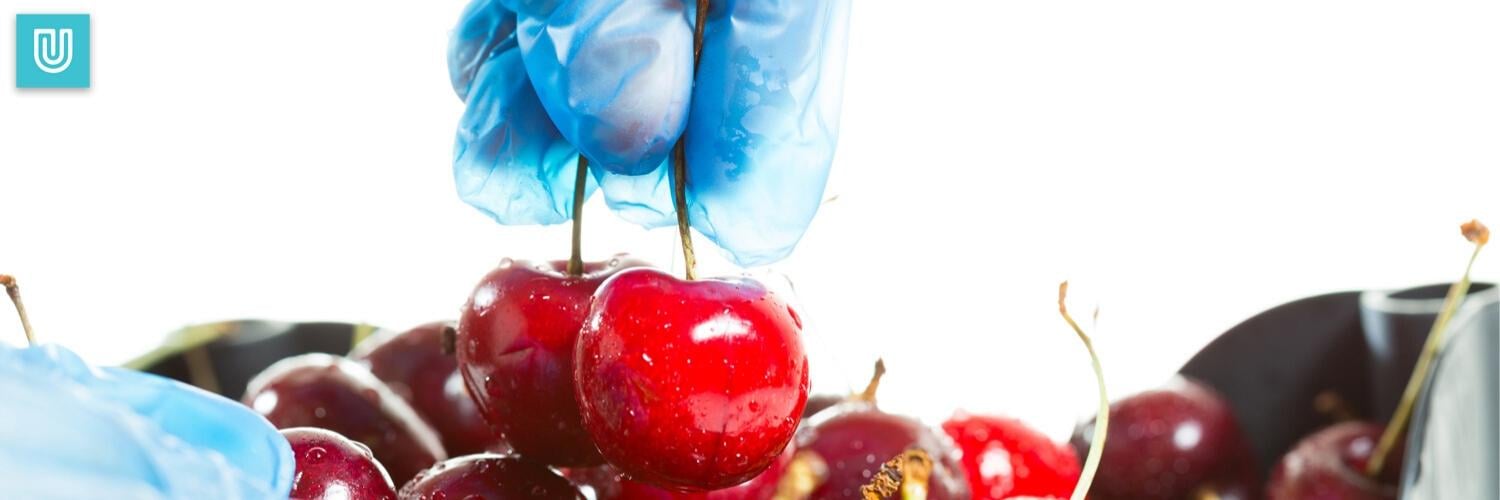
Our Unicare Clear Vinyl gloves are one of the most popular in our range and are a firm favourite in food preparation industries. They are ambidextrous, meaning no need to replace a full set if one glove is damaged, and feature a beaded cuff which adds extra strength. The Unicare range comes in several different colours, including blue, yellow, and green, allowing for colour-coding of specific tasks, which can be beneficial in preventing cross-contamination.
Painting and printing: Where it’s necessary to protect hands from potential discoloration from paints and dyes, vinyl gloves make an excellent choice. They provide a high level of protection for both hands and materials whilst being quick to don and remove.
Unigloves’ entire Unicare range is a great choice for painting and printing roles, but our Unicare Stretch Vinyl gloves are a particular favourite in these industries. The high-quality vinyl material, beaded cuff, and medium weight construction offer a balance of strength, comfort, and sensitivity.
Cleaning and care work: For low-risk cleaning tasks that don’t involve contact with hazardous materials such as strong chemicals, but which require prevention against contamination (from body fluids, for example), vinyl gloves are an ideal solution.
Our Unicare Blue Vinyl and Unicare Yellow Vinyl gloves offer cleaners and carers protection against low-risk chemicals such as detergents and cleaning products, as well as helping to prevent contamination from bodily fluids often encountered in care work.
Healthcare, hospital, and clinical duties: Medical-grade vinyl gloves differ from standard vinyl gloves in minimum AQL (Acceptable Quality Limits) and are deemed safe for use in environments where biological hazards are a factor. These kinds of roles include healthcare and care work, hygiene and dentistry, beauty services, and tattooing.
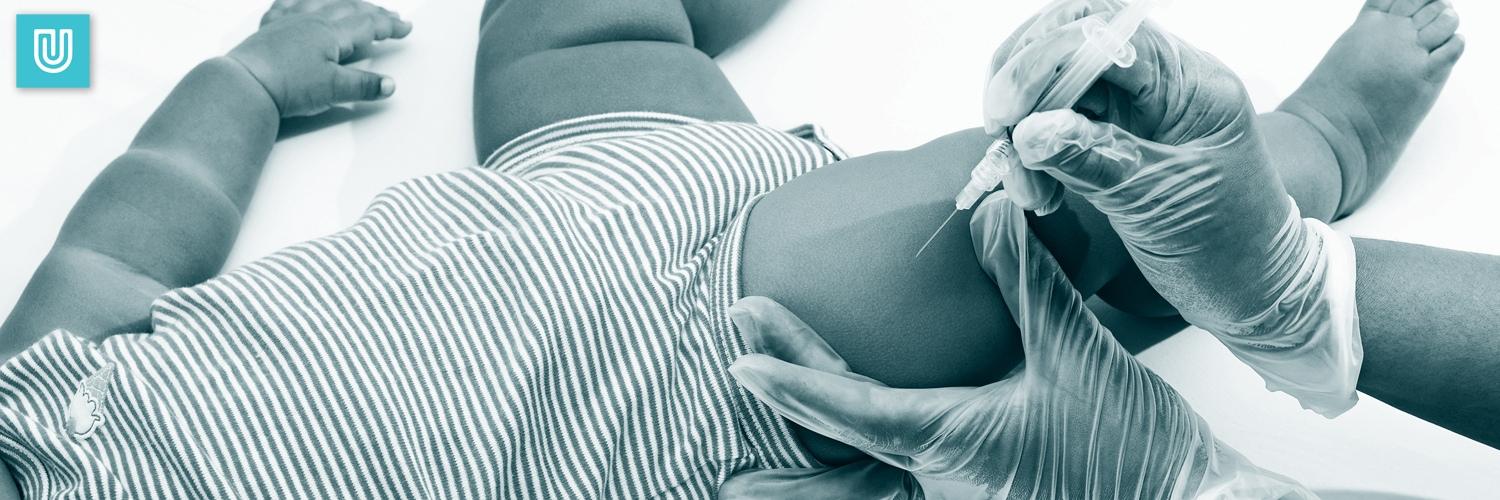
The Unigloves Unicare Clear Vinyl (EN455) gloves are medical-grade and tested to AQL 1.5, making them suitable for use as examination gloves. They’re a preferred choice for emergency services, hospital and clinical roles, and dentistry and hygiene fields.
For decades, Unigloves has been protecting workers’ hands from harm with our broad range of latex, nitrile, and vinyl disposable gloves. For those every day, low-risk tasks, there’s no beating Unigloves high-quality, cost-effective vinyl glove range. Browse the full range today online at uk.unigloves.com or get in touch to find out which type of glove is the best fit for your workplace.

